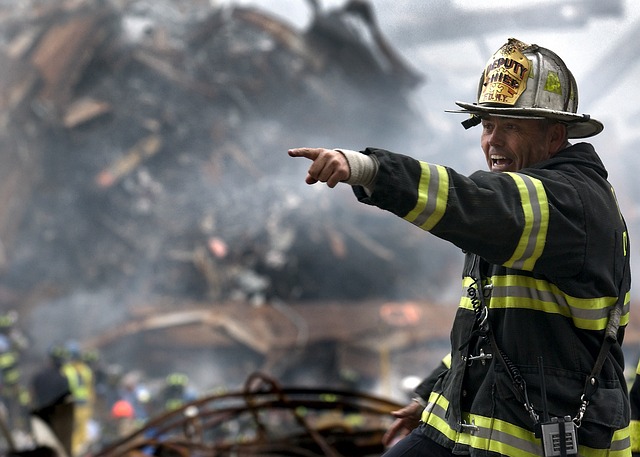CRUSA – Accessing and Benefiting From Disaster Management

A disaster is an event that can happen at any time and in any form and most often leaves individuals, households and communities devastated.
These events include natural calamities like earthquakes, hurricanes, floods, or manmade events like industrial accidents and fires. Whether manmade or natural, one thing that everyone must bear in mind is that being prepared for these occurrences makes the effects less than they could have been without preparedness.
However, no matter how prepared one or a community is for these events, they will still need to manage the situation when it happens. This brings us to the subject of disaster management which
we will discuss in this article. Click here to see how natural disasters affect communities.
What is Disaster Management?
Disaster management involves a lot of activities aimed at reducing the impact of disasters on the environment, infrastructure, and human lives. It involves being prepared to respond, recover and
mitigate impacts before, during, and after the occurrence of a disaster.
The aim of this is to save lives, protect properties and make sure that the affected people and communities are well taken.
Accessing Disaster Management Resources
There are many government agencies that are set up to help mitigate the impacts of both natural and manmade disasters. There are also many companies that are set up to provide essential services in the event of these disasters.
The following are agencies/places where one can access resources for the management of such calamities:
Emergency Services
When disasters occur, emergency services such as fire departments, police, and medical teams play very important roles in responding fast to provide first aid and other essentials.
It is important that everyone has a number of these agencies on speed dial and knows how to contact them as fast as possible in case of any eventuality.
Local Government
Local governments have agencies that are typically first responders in disasters. These agencies coordinate efforts to respond to emergencies and provide guidance and information. They also offer resources to the communities and individuals that are affected by the event.
This, therefore, means that you have to always be informed about your local government’s policies on disaster management. Also, get their contact information so that you can reach them when needed.
Disaster Management Organizations
There are numerous NGOs(non-governmental organizations) and volunteer groups that are dedicated to relief efforts and calamity management.
These agencies provide aid, supplies, and support to affected places. It is very important that people who live in disaster-prone areas research and identify these agencies.
You can also engage the services of a restoration solutions company after the government and non-governmental organizations have given first aid.
Communication Channels
Staying informed and in touch with the outside world is very crucial in disasters.
Ensure that you monitor official communication channels such as government websites, local news, and social media accounts for timely information on evacuation plans, road closure, emergency shelters, and other important information/details.
Also, sign up for alert services that send notifications to your phone or email.
Benefits of Disaster Management
There are many things benefits that people affected by calamities can get from the organized management of these unexpected events. They include the following:
Preparedness
One of the key benefits of disaster management is preparedness. Having a plan for managing disaster helps a community or individual to take proactive measures to reduce the impact of natural
or man-made disasters.
The process of preparing includes developing evacuation plans, making first aid kits, and educating members of the community about possible risks and safety measures.
Timely Response
Effective disaster management provides a timely response in times of emergencies. Trained personnel, emergency services, and relief organizations are rounded up fast to provide support and
aid.
Their prompt response can help save lives and provide much-needed assistance to those who need it. They also prevent further damage to the community and its inhabitants.
Resources and Support
Disaster management efforts are aimed at providing essential resources and support to individuals and communities affected by natural disasters. Things they provide include food and water, medical assistance, emergency shelters, and temporary housing.
Access to these things gives the affected person relief from the immediate effects of the hazards and enables them to recover faster.
Coordination and Collaboration
Collaboration and coordination among the various stakeholders that include NGOs, government agencies, and volunteer groups is one benefit of this process.
This collaboration makes for a more efficient and effective response to hazards and natural accidents and the pooling of resources and skills to benefit all affected parties. Visit https://www.ted.com/ to understand the power of collaboration.
Conclusion
So far, we have discussed how to access relief and help in times of natural hazards and calamities and the benefits of organized management of such disasters. Let us remind you once again of a very important thing to do and that is to have the phone numbers of all the emergency services and agencies in your location.
Note that bearing all the tips we have shared in this article in mind will help you be prepared and as such minimize the impact of these hazards when they occur.





